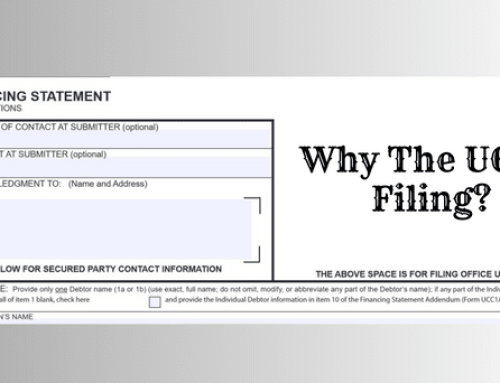In an increasingly uncertain and complex world, protecting personal and business assets has become a fundamental priority. One legal tool that has gained recognition and popularity in this regard is a trust. A trust is a legal instrument that allows a person (known as the settlor) to transfer the ownership of their assets to another person or entity (known as the trustee), who is responsible for administering and protecting those assets for the benefit of third parties (known as beneficiaries).
In this article, we will explore the importance of establishing a trust as part of a comprehensive asset protection strategy. We will analyze the benefits that a trust offers from the perspective of asset protection, succession planning, and efficient asset management. Additionally, we will examine different scenarios in which a trust can be particularly valuable.
One of the main benefits of establishing a trust is asset protection. In an environment where financial and legal risks are increasingly prevalent, having a trust structure can provide a strong barrier of protection for personal and business assets. By transferring ownership of the assets to the trust, the settlor can legally separate their personal wealth from the trust assets, offering the following benefits:
a) Protection against lawsuits and creditors: If a settlor faces a lawsuit or creditor claims, the assets transferred to the trust may be shielded from these. Since the trust is a separate legal entity, the trust assets do not form part of the settlor’s personal estate and can, therefore, be protected from creditors’ claims and executions.
b) Safeguarding assets in case of bankruptcy: In situations of business bankruptcy, trust assets may be protected from the liquidation process. This means that even if the company faces financial difficulties, the assets transferred to the trust can remain intact and available for use or distribution as stipulated in the trust terms.
c) Protecting assets from divorces and family disputes: A trust can be an effective tool for protecting assets in cases of divorce or family disputes. By transferring assets to the trust before these events arise, it is possible to prevent them from being considered as part of the estate subject to distribution in divorce proceedings or becoming the subject of family disputes.
Succession Planning Another crucial aspect of having a trust is succession planning. This tool allows for clear and detailed provisions on how assets will be distributed after the settlor’s death. Some notable benefits of using a trust in succession planning are as follows:
a) Avoiding intestate succession and fulfilling the settlor’s wishes: If a person dies without a valid will or trust, their assets will be distributed according to intestate succession laws. By establishing a trust, the settlor has full control over how the assets will be distributed and can ensure that their wishes are fulfilled.
b) Minimizing estate taxes: Trusts can be structured in a way that minimizes the tax burden on the estate. Depending on the jurisdiction and specific circumstances, a trust can offer significant tax benefits, such as estate tax exemptions or reduced capital gains taxes.
c) Protecting and managing assets for incapacitated or minor beneficiaries: A trust can be an effective solution for protecting and managing assets for incapacitated or minor beneficiaries. The trust can designate a trustee responsible for prudently managing the assets and distributing them according to the instructions and guidelines set by the settlor.
Specific Scenarios of Utility There are various scenarios in which a trust can be particularly useful for asset protection and ensuring efficient management. Here are some examples:
a) Family businesses: Trusts are valuable tools for protecting and preserving family businesses across generations. By establishing a business trust, assets and control of the company can be transferred to designated heirs, ensuring continuity and avoiding conflicts in the future.
b) Real estate and properties: Real estate and properties are often valuable assets and can constitute a significant part of a person’s wealth. A trust can be used to hold and manage these properties efficiently, avoiding disputes and ensuring a smooth transition to designated heirs.
c) High-risk professionals: Professionals who face a higher risk of lawsuits, such as doctors or lawyers, can benefit from a trust to protect assets generated by their work. By transferring assets to the trust, they are legally separated from personal assets and kept out of the reach of potential claimants or creditors.
In conclusion, establishing a trust is a fundamental strategy for protecting and preserving personal and business assets. A trust provides robust protection against legal claims, creditors, and family disputes while enabling effective succession planning and efficient asset management. Furthermore, a trust offers tax benefits and ensures that the settlor’s wishes regarding asset distribution are fulfilled.
Whether it is protecting a family business, safeguarding real estate and properties, or securing assets generated by high-risk professionals, a trust provides security and peace of mind in an increasingly complex environment. It is important to consult specialized professionals in law and finance to determine the best trust structure and tailor it to individual needs and circumstances. With a well-established trust, one can rely on a solid and effective strategy to protect and manage assets in the long term.








Leave A Comment